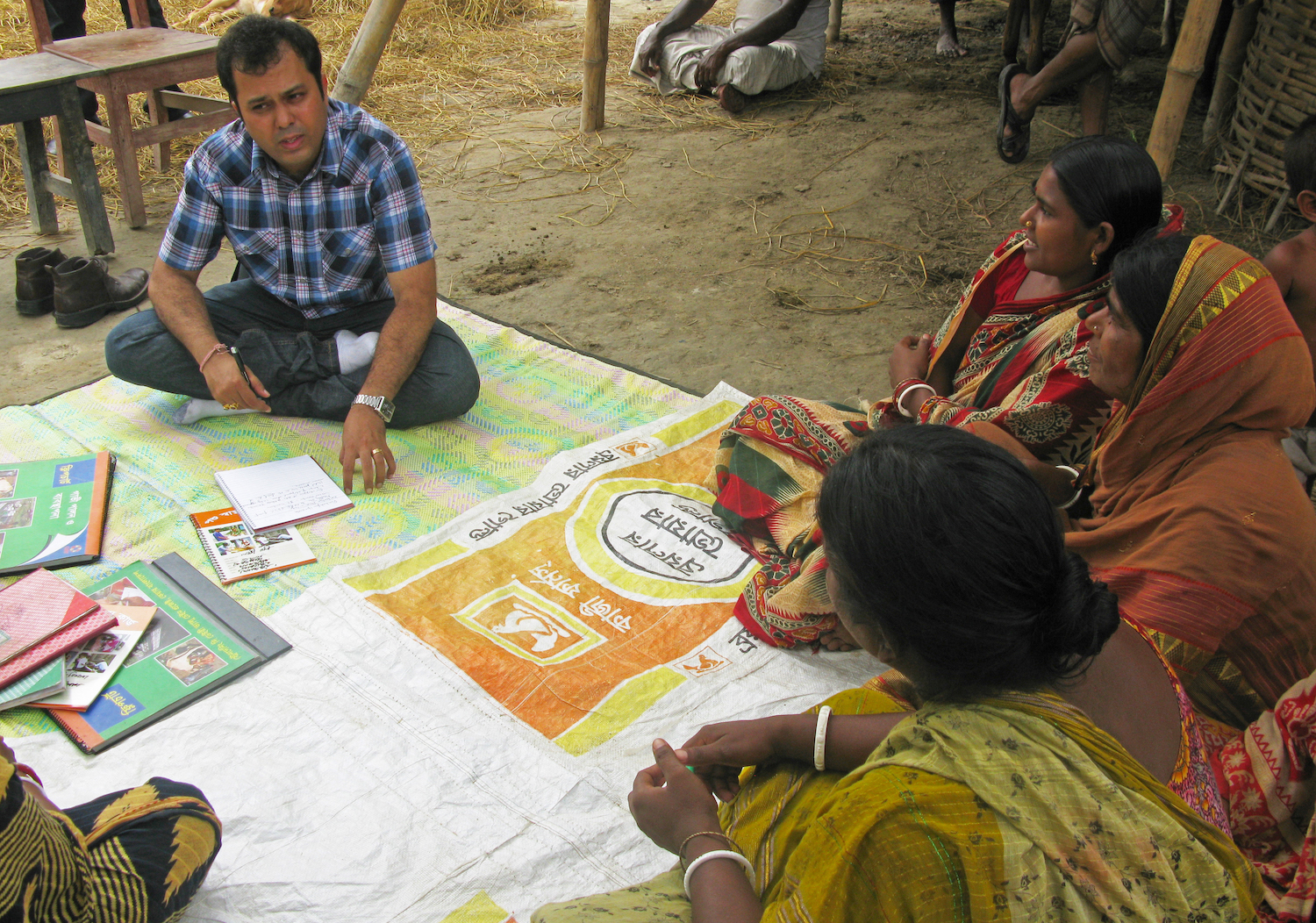Nichola Naylor (nichola.naylor@lshtm.ac.uk). Research Fellow, London School of Hygiene and Tropical Medicine, UK.
Background
Antimicrobial resistance (AMR) is an exemplary One Health issue. Antimicrobials are being used in animals and humans for both the treatment and prevention of infectious disease. AMR, a phenomenon thought to be expedited by the overuse and misuse of antimicrobials, is also creating a world with less effective antimicrobials. This has the potential to impact both human and animal health, but also healthcare system costs, agricultural productivity and poverty. In order to evaluate which policies are the most efficient (in terms of providing the most utility or welfare to a population given a certain level of investment), we need to perform quantitative evaluations that compare the costs and effects of interventions.
In health economics, this involves performing cost-utility analyses whereby a cost-per-DALY is estimated. In agricultural economics, this usually consists of performing a cost-benefit analysis with an incremental benefit–costratio estimated. However, the standard for One Health economics analyses has not yet been set. This work hopes to establish a quantitative framework that allows for the comparison of all potential costs and effects associated with different policies that affect both humans and animals. This is applied within the context of AMU and AMR, to attempt efficiently tackle the issue of AMR.
Project overview
This study has two main objectives:
- To provide a general framework as to how the impact of antibiotic stewardship policies could be quantitatively evaluated, whilst accounting for policy impact on public health and agriculture.
- To construct a quantitative economic evaluation model, based on (1), and apply this model to one specific LMIC country setting.
Initially, a literature review of any previous economic evaluations of policies related to One Health issues (such as climate change) is being conducted to conceptualise an appropriate framework that could be recommended for use in this area. All relevant information related to this topic is being collated and discussed in line with the issue of antimicrobial resistance. This review will offer a conceptual framework for a quantitative evaluation of antimicrobial stewardship policies, describing potential key outputs from microeconomic and macroeconomic perspectives.
The appropriateness of this framework on evaluating AMR related policies impact will be tested by constructing an economic model (in R software). This model will then be applied to one specific LMIC setting. The construction of a quantitative economic model in R will provide indications as to what policies may be most effective in reducing the burden of AMR, and additionally what parameters are important in determining related outcomes.
Research impact
By conducting economic evaluations, our results will contribute to the policymaking decision process in the design of appropriate policies relating to AMR and AMU. Economic evaluations will enable policymakers in already resource-constrained settings to determine which policy options offer the most return across chosen outputs (such as in terms of cost-benefit). Additionally, by applying a One Health approach, this research will enable the inclusion of both the public health impact and the agricultural impact of AMR, which could contribute with national and international policymakers in efficiently tackling AMR.
Researchers
Nichola Naylor1, Gwen Knight1, Jo Lines1, Jeff Waage1, 3.
Institutions involved
1. London School of Hygiene and Tropical Medicine, UK.
2. Antimicrobial Resistance Centre - LSHTM, UK.
3. International Livestock Research Institute (ILRI).
Research Subject Area(s)
One Health, Human health, Public health, Antimicrobial Use (AMU), Antimicrobial Resistance (AMR)
Funding
This study is being funded through the Improving Human Health project (LSHTM) - CGIAR research program on Agriculture for Nutrition and Health (A4NH).
Relevant information
Previous work performed before by Nichola (from solely the public health perspective) can feed into the One Health economic evaluations that involve human health outcomes, and is available at:
- Naylor, N.R., Atun, R., Zhu, N., Kulasabanathan, K., Silva, S., Chatterjee, A., Knight, G.M. and Robotham, J.V., 2018. Estimating the burden of antimicrobial resistance: a systematic literature review. Antimicrobial Resistance & Infection Control, 7(1). DOI:10.1186/s13756-018-0336-y.
- Naylor, N.R., Zhu, N., Hulscher, M., Holmes, A., Ahmad, R. and Robotham, J.V., 2017. Is antimicrobial stewardship cost-effective? A narrative review of the evidence. Clinical Microbiology and Infection, 23(11), pp.806-811. DOI:10.1016/j.cmi.2017.06.011.
